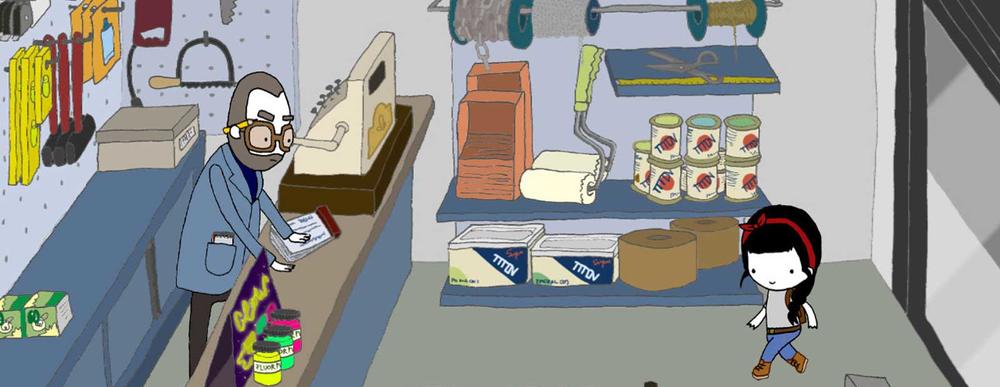Posted on Sep 03, 2018 |
There are tons of common expressions we all use in any language as we all know, but in Spanish language and in Guatemala, this is perhaps this is the most used expression any day, the famous ‘NO TENGA PENA’.
Basically, this expression is to show ‘good will’ or good manners, this is key to understand it and even use it when visiting Guatemala or any other latin american country; ‘no tenga pena’ is used depending on the situation and that is the reason why it is so common.
We could translated on four different versions which are basically the same, but adapt to different situations:
- That's okay
- Dont Worry (about it)
- Never mind
- Sure !
If you visit Guatemala to learn the Spanish language, you will be surprised how versatile this expression is… it adapts to many many situations and perhaps it would be hard to give an example of them all, but we’ll give four of them.
Example ‘That’s okay’ version : let’s say that you and a few friends will have lunch and spend some time together at your favorite restaurant, they are picking you up at your place at 12:30 pm, they arrive and you are not ready yet… you then say ‘I am sorry, I am late… give me 10 mins to be ready to go’... then they would say ‘no tenga pena’, the same as saying ‘that’s okay’.
Example ‘Don't worry about it’ : imagine that you are waiting in line to get into the bank and then suddenly someone cuts in line in front of you and this person just says ‘sorry, I have an emergency’; you just say ‘no tenga pena’ as in “Don't Worry” just to avoid any problems.
Example ‘Never Mind’ version : let's pretend that you stop by any coffee shop in Antigua Guatemala (there are tons of coffee shops in town) to ask for a ‘cappuccino’ cup to go, the price for it is Q18 (18 quetzales, which by the way, this is the average price), you give a Q20 bill to pay… when the counter looks for Q2 change, in Spanish you just say ‘No tenga pena’, and this would be immediately understood as if you say ‘never mind, keep the change’.
Example ‘Sure !’ version : you visit a hardware store and wish to buy a gallon of wall paint, but then realize that it seems to be out of stock, ask someone at the store if they still have one left somewhere, they say ‘no’, but we still have two half-gallon units, would those be okay? you say ‘yes, sure!’... ‘si, no tenga pena!’.
These are just a few examples, but we hope you have now an idea of how it works and how you can use this expression to communicate. If you are practicing the Spanish Language, this is a must understand and use.
Latest Posts
-
Easter Week 2025 Schedule Processions Antigua Guatemala
- Mar 02, 2025 -
Ten Beautiful Words in the Spanish Language
- Jul 13, 2024 -
Easter Week 2024 in Antigua Guatemala
- Feb 04, 2024



